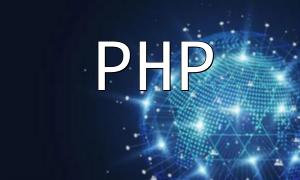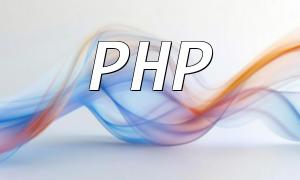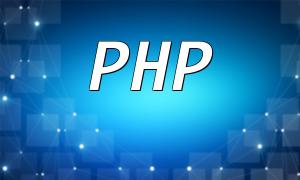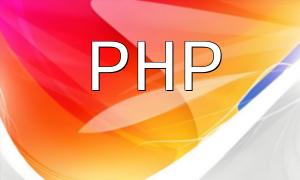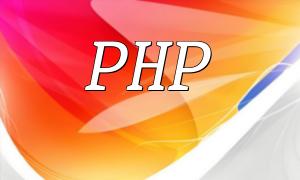In mobile app development, performance directly affects user experience and the overall success of the application. PHP frameworks provide multiple features and tools that help developers create high-performance mobile applications to meet modern user demands.
PHP frameworks support building efficient RESTful APIs that serve as the communication bridge between mobile apps and backend services. By transmitting lightweight JSON or XML data formats, they reduce data size and accelerate response times, enhancing overall performance.
PHP frameworks offer code caching mechanisms that store compiled PHP code in memory, avoiding repetitive compilation. This significantly improves execution efficiency, especially for frequently called API endpoints and core business logic.
ORM technology simplifies database operations by allowing developers to interact with the database via generated classes without writing complex SQL queries. This reduces database round trips and improves response speed. Popular PHP ORM tools include Doctrine and Eloquent, which provide seamless data access.
Event-driven programming uses events and listeners to achieve a loosely coupled architecture, enabling applications to asynchronously handle user inputs and system events, reducing latency and improving concurrency. PHP frameworks typically include or support third-party EDP libraries like Symfony Messenger and Laravel Events, enhancing application flexibility and scalability.
A large e-commerce platform significantly enhanced its mobile app performance using PHP frameworks with measures such as:
By leveraging REST API support, code caching, ORM, and event-driven programming, PHP frameworks provide a solid foundation for high-performance mobile applications. Proper use of these features enables developers to enhance app responsiveness and user experience, meeting the performance demands of modern mobile internet.
